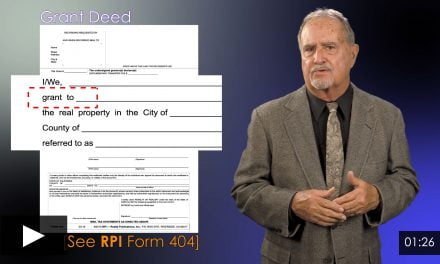Real estate’s dry spell accounts for much of the $16.4 trillion loss American households saw disappear between the peak of the Millennium Boom and the trough of the Great Recession, says a recent report from the Federal Reserve (Fed). The housing market was out $6 trillion — 30% of its peak value — between the end of 2006 and the end of 2010. Only $8.7 trillion of the starting $16.4 trillion loss has been regained since 2009, and literally none of that was in California. [For more information on home pricing tiers in California, see the first tuesday Market Chart, California tiered home pricing.]
An $885 billion bump in stocks and mutual funds in the first quarter of 2011 helped increase the nation’s household net worth $943 billion in the same quarter, however this figure is very shy from the $7.7 trillion needed to return to pre-recession levels. The recovery of American household wealth is still far behind the pace of national economic activity (measured in gross national product), which has already recouped all of its losses from the Great Recession.
Unfortunately, real estate is not lending much of a hand in the matter of household rehabilitation. The housing industry lost another $339 billion in the first quarter of 2011, however this was counterbalanced by a $68 billion drop in total mortgage debt and $74 billion reduction in overall liabilities.
The disparity between household wealth and national economic activity is one of the primary reasons for the current miserable smother in consumer confidence. Since consumer spending in the last decade was largely rooted in household wealth, the ability to spend has declined and will not likely return quickly.
first tuesday take: Mortgage debt is the single most significant problem hurting household net worth. Here in California, 60% of the debt balance per capita was comprised of mortgages in the first quarter of 2011, according to the New York Fed.
Worse, nearly 2,500,000 California households have an insolvency issue — black-hole assets — on their hands, amounting to an extraordinary amount of excess mortgage debt. (Still wondering where the trillions went?) Household delinquency has dropped slowly in California over the past year, but so have home prices.
If California households are ever going to climb out of the deep debt pit, a remedy must be found for the mortgage debt chaining down underwater homeowners. There are a couple of things California homeowners can do to sustain the current gradual improvement and guard against detrimental monetary fumbles in the future.
The short-term strategy is to strategically default — or force the lender into a short sale — on mortgages with loan-to-value ratios (LTVs) over 125%. The penalties are small compared to the benefits of massive savings in monthly cash flow and regeneration of wealth through the purchase of a replacement residence — or through renting. [For more information on making the choice between a short sale and a strategic default, see the May 2011 first tuesday article, Short sale or foreclosure? The naked truth for underwater homeowners.]
Rather than take years to pay off a dead-end loan, underwater homeowners bearing LTV-unfriendly mortgages do themselves and California’s economy a favor by walking away, both an advantageous and legal option in a nonrecourse, trust deed state like California. [For more information on when to strategically default, see the September 2010 first tuesday article, The LTV tipping point: when negative equity owners are most likely to strategically default.]
The long-term strategy (and a preventative measure against future financial crises) is for households to critically examine their financial health by preparing and reviewing their personal balance sheet. Balance sheets lay out a household’s assets and liabilities. Together the two factors indicate household net worth, a primary gauge of financial wealth, and consequently, economic health. This valuable tool — a simple form — may be used by brokers and agents to help their owners evaluate the feasibility of their long-term real estate goals and is all a part of rendering real estate services under their license. [See first tuesday Form 207-1.]
It is imperative for a homeowner to be conscious of the state of his balance sheet, as it will shape his attitudes towards smart budgeting, spending and ownership of real estate. [For more information on family asset planning, see the March 2010 first tuesday article, The underwater homeowner, his future and his agent: a balance sheet reality check — Part I.]
RE: “America’s lost trillion” from CNN Money













